September 10, 2025 | 21:08 GMT +7
September 10, 2025 | 21:08 GMT +7
Hotline: 0913.378.918
September 10, 2025 | 21:08 GMT +7
Hotline: 0913.378.918
The kickoff workshop for the project “Supporting the development of climate-adaptive circular home gardening economy in Northern Vietnam” was held on the morning of August 1.
The project is a collaboration between the Food and Agriculture Organization of the United Nations (FAO) and the Vietnam Gardening Association. It aims to enhance climate change resilience in nine northern provinces. With a total investment of USD 400,000 over two years (from October 2024 to October 2026), the project seeks to improve farmers’ livelihoods and contribute to national commitments on sustainable development and greenhouse gas emission reduction.
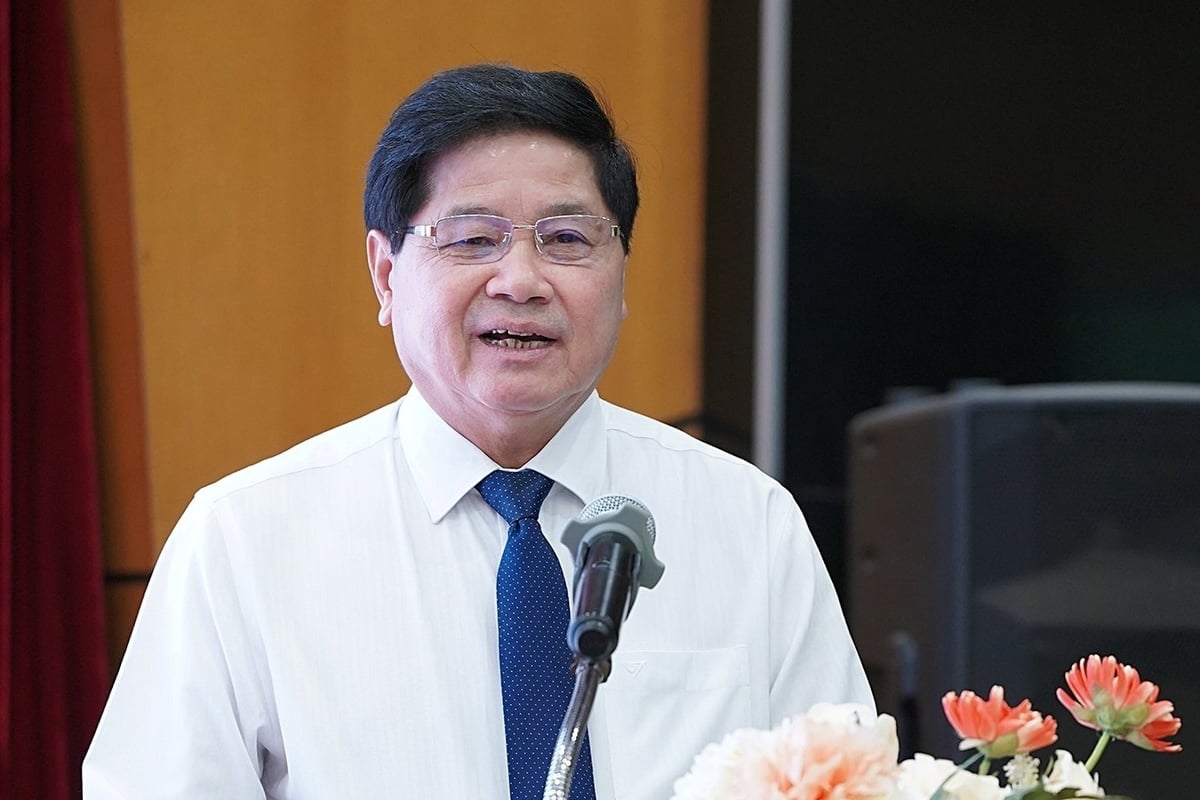
Former Deputy Minister Le Quoc Doanh: "We hope the project will foster innovation in the way agricultural production is organized." Photo: Bao Thang.
The project, which is focused on implementation in Thai Nguyen, Nghe An, Tuyen Quang, Ninh Binh, Phu Tho, Hai Phong, Son La, Hung Yen, and Bac Ninh, aims to support localities in developing a circular, ecological, food-safe, and climate-adaptive garden economy system.
“We hope this project will bring innovation to how agricultural production is organized at the local level, strengthen institutional capacity, and promote sustainable natural resource use solutions,” shared Le Quoc Doanh, former Deputy Minister of MARD and President of the Vietnam Gardening Association.
Currently, the agricultural extension system and grassroots authorities are facing restructuring demands under the two-tier government model. Therefore, Mr. Thanh hopes the project will produce a standardized guidebook on garden economy practices, which could become an official learning resource to help farmers easily access and apply these practices.
Vinod Ahuja, FAO Representative in Vietnam, emphasized that household gardens, though often small in size, are highly significant to farmers’ livelihoods, especially in the northern region. These gardens are not only a local food source but are also closely linked to social and cultural life, and farmers’ ability to adapt to climate and market fluctuations.
Therefore, the project is designed to deliver knowledge and techniques to each household, following FAO’s “Four Betters” principle: better production, better nutrition, better environment, and better life.
Sharing the same viewpoint, Le Quoc Thanh - General Director of the National Agricultural Extension Center, affirmed that transitioning to a garden economy model is a key foundation to advancing a circular economy in agriculture.
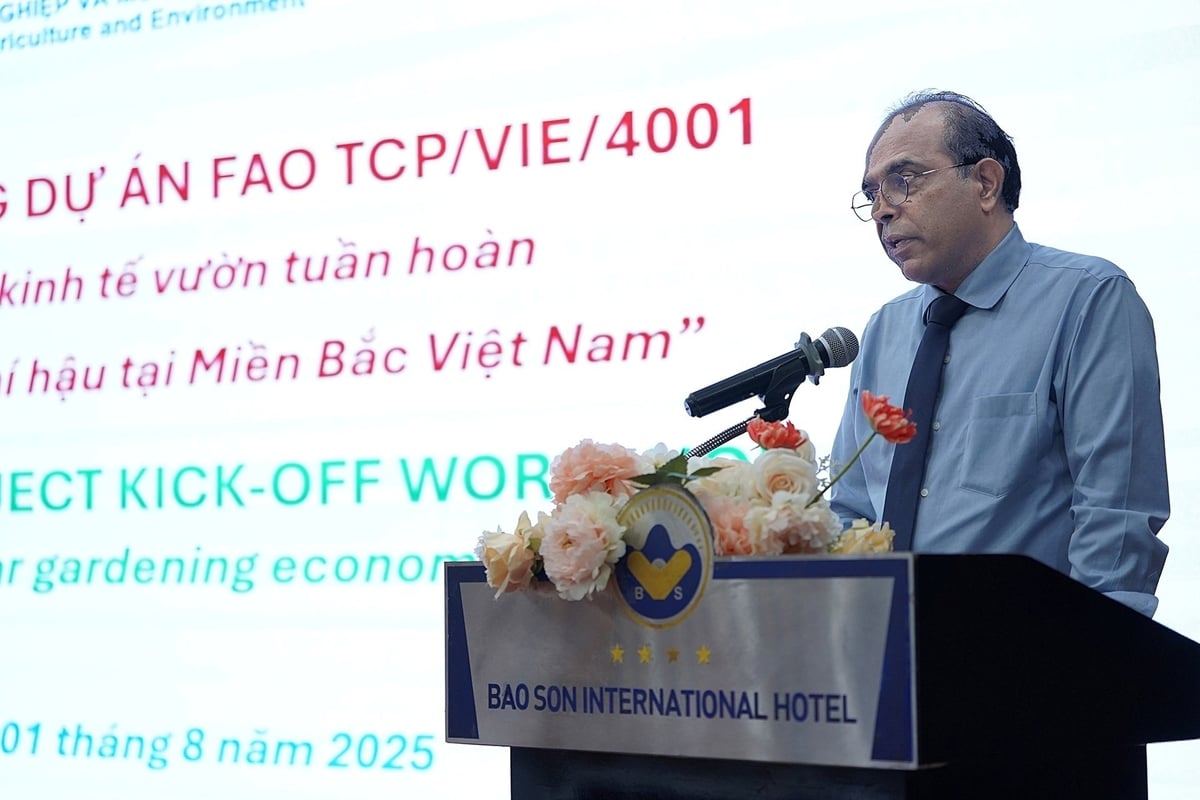
Mr. Vinod Ahuja, FAO Representative in Vietnam. Photo: Bao Thang.
At the workshop, localities shared various practical experiences in implementing circular garden economy models, from improving production and utilizing household resources to developing value chains and integrating with ecotourism.
Son La is one of the leading provinces with a sustainable fruit and vegetable value chain ecosystem, boasting the largest scale and output in the Northwest region. With more than 73,000 hectares of fruit trees, 12,000 hectares of vegetables, and a processing and preservation system consisting of hundreds of facilities, the province has established over 260 safe agricultural supply chains.
Notably, Son La has implemented circular solutions such as converting by-products into organic fertilizers, reusing produce-washing water through biological filtration, and intercropping medicinal plants to cover the soil. These initiatives reduce emissions, improve income, and help preserve the agricultural ecosystem.
In the livestock sector, the former province of Nam Dinh, with support from the LCASP Project, has piloted several successful circular models. A typical example is a pig farm using a manure separator to produce organic fertilizer and raise earthworms, thereby minimizing solid waste pollution. Additionally, other models such as biogas-powered electricity generators, water-saving raised-floor barns, and pre-biogas sedimentation tanks not only effectively treat waste but also create added value from by-products.
In Hai Phong, circular agriculture thinking has long been part of farmers’ cultivation habits. According to the Department of Agriculture and Environment of Hai Phong, local farmers have long utilized by-products like straw to cover onion and carrot beds, helping retain moisture, suppress weeds, and improve soil quality.
In the Duc Chinh carrot-growing area, due to high demand for straw but limited local supply, farmers are willing to buy straw from other areas to compost into biogas. They then use the bio-effluent for irrigation and the solid residue as organic fertilizer. On a smaller scale, many livestock households have invested in raising earthworms from manure and selling them to poultry farms, generating extra income while effectively solving the waste management issue.
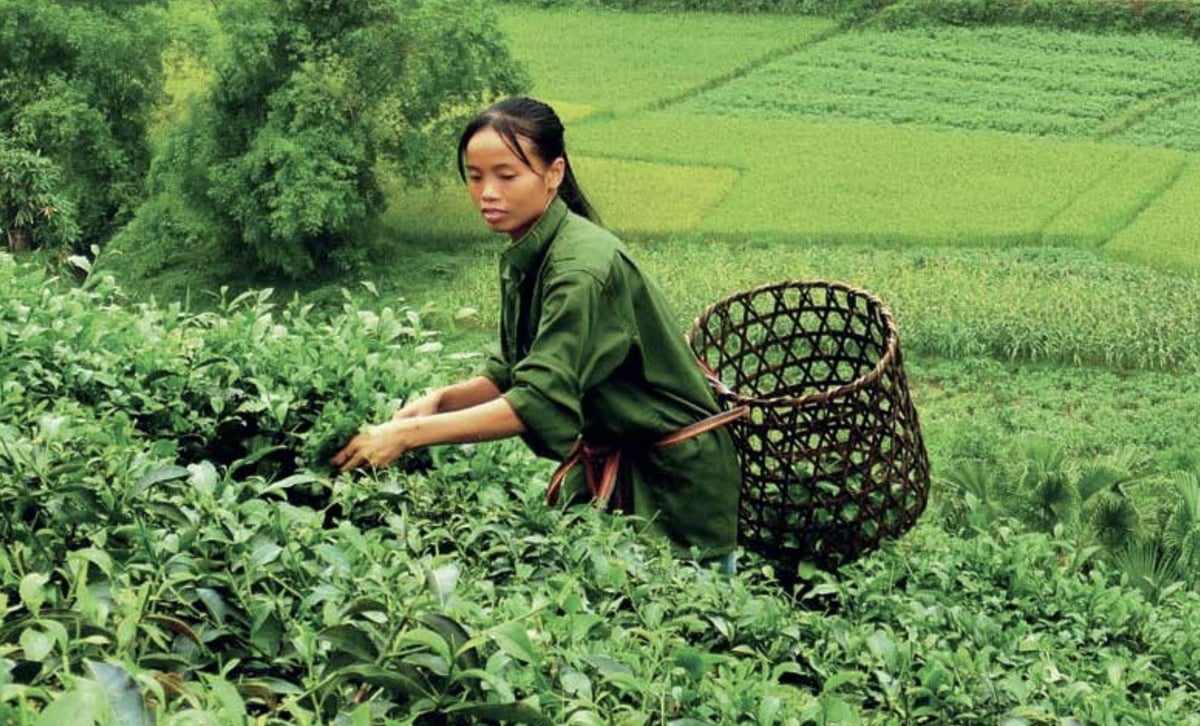
The project is designed to deliver knowledge and techniques to each household, following FAO’s “Four Betters” principle. Photo: FAO.
The Department of Crop Production and Plant Protection is currently advising the Ministry of Agriculture and Environment on a proposal for low-emission crop production. Deputy Director Nguyen Thi Thu Huong assessed that developing circular garden economy models not only helps increase household income but is also “a critical link in the emission reduction strategy of the crop sector.”
According to her, the FAO-TCP/VIE/4001 Project can serve as a testing, refining, and standardizing platform for technical models, thereby providing practical foundations and data to support policy formulation. This will be a vital basis for scaling up sustainable farming models nationwide.
Summarizing the discussions, former Deputy Minister Le Quoc Doanh emphasized that the two most important outputs of the project are the development of a model prototype and the publication of a handbook on climate-adaptive circular garden economy. These are seen as the technical and methodological foundation for broad implementation in the near future.
The project is not only an initiative to support northern farmers but also aligns with the country’s broader policy agenda, particularly Prime Minister’s Decision No. 687/QD-TTg dated June 7, 2022, on developing the circular economy in Vietnam. Under this decision, Vietnam aims to reduce greenhouse gas emission intensity by at least 15% by 2030 and achieve net-zero emissions by 2050.
Translated by Huong Giang

(VAN) The global food system is under mounting strain from multiple directions: malnutrition persists alongside food waste, biodiversity is declining, and soils are degrading.
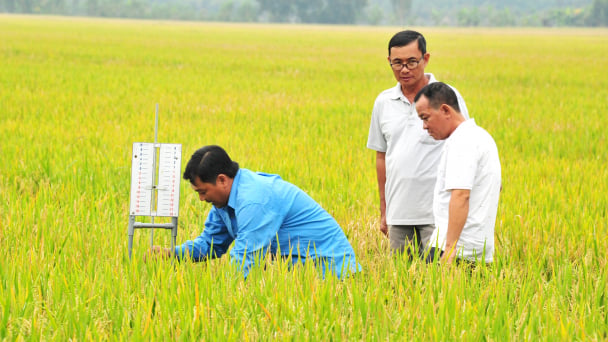
(VAN) The agro-climatic bulletin helps farmers proactively respond to climate change, plan crop production effectively, reduce risks, and increase sustainable yields.
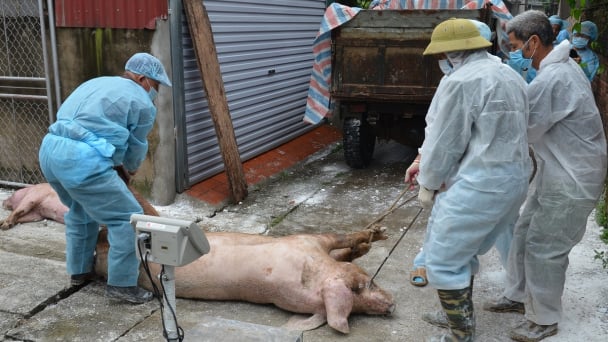
(VAN) African swine fever is likened to a storm due to its rapid transmission, with a mortality rate of up to 100%, leaving devastation in every farm it sweeps through.
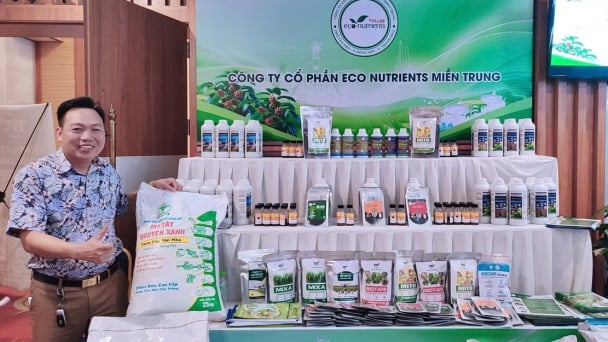
(VAN) Western Highlands Agriculture and Forestry Science Institute organized a seminar on Vietnam’s organic agriculture market analysis: Potentials, challenges, directions.
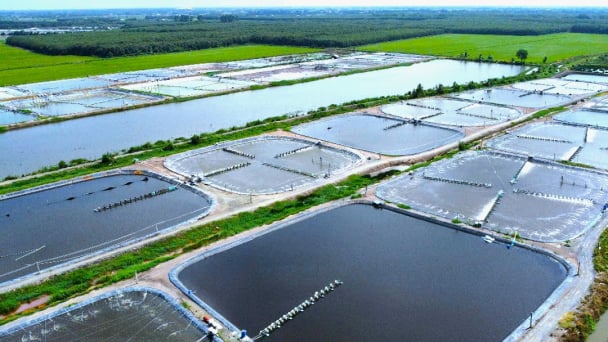
(VAN) Digital technology facilitates aquaculture efficiency, but it also comes with pressures: capital, infrastructure, operational capacity, and supply-demand linkage.
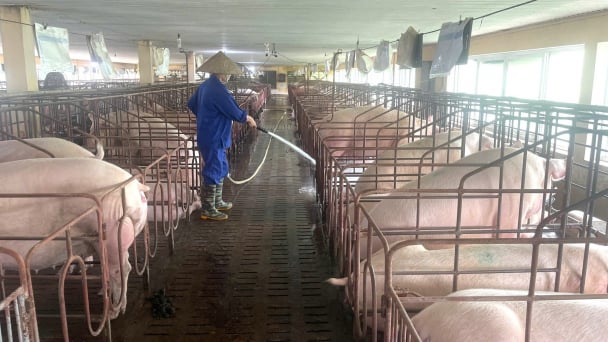
(VAN) SAAF program paves the way for sustainable livestock development, enhancing disease safety, products' value and competitiveness.
/2025/09/05/0543-3-230030_657.jpg)
(VAN) Vietnam's major water reservoirs have been entirely funded through domestic capital, underscoring self-reliance and independence from external resources.